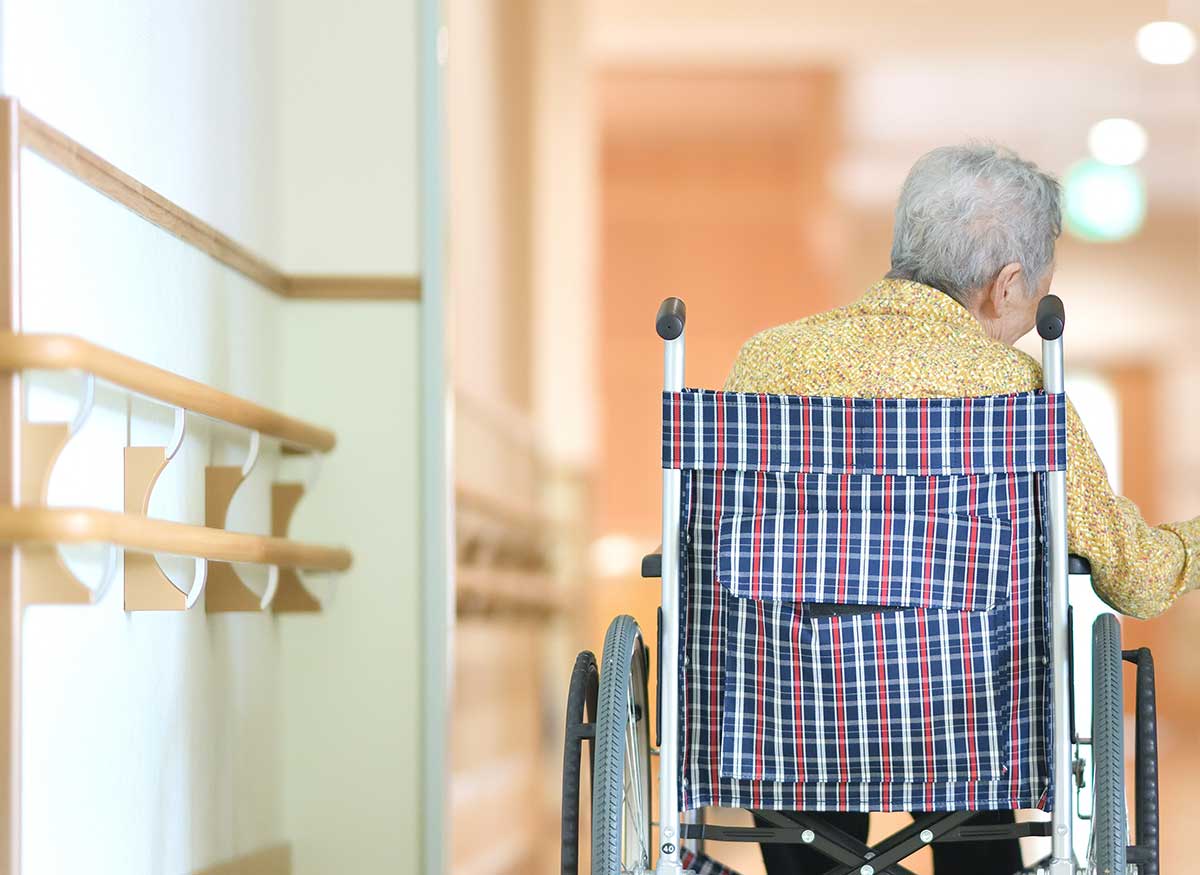BD SARS-CoV-2 antigen test resulting in higher than expected rate of false positives in some nursing homes
A recent shift in the COVID-19 testing paradigm has emerged with attention on the development and availability of SARS-CoV-2 antigen testing. These diagnostic tests are viewed as mobile, scalable, and fiscally advantageous compared to clinical lab-based PCR tests.
SARS-CoV-2 antigen tests provide results much faster than PCR testing. This is because antigen tests are point-of-care (POC), allowing them to be performed and resulted in minutes, not days, as most PCR tests require.
The fast turnaround and low cost of SARS-CoV-2 antigen tests recently gained the attention of government entities, both at the state level (See: Order For 3.5 Million POC SARS-CoV-2 Antigen Tests May Decrease Need for Clinical Lab-Based PCR Testing) and at the national level (See: Abbott SARS-CoV-2 Antigen Test Receives EUA, Has $760 Million Deal Pending With Federal Government in Less Than 48 Hours). Hundreds of millions of dollars have been invested in antigen testing, which is becoming a cornerstone of COVID-19 testing in nursing homes.
Although the rollout of antigen testing in nursing homes only started in earnest in the last few weeks, one company’s test has already encountered potential problems. Becton Dickinson and Co. (BD) created one of the earliest SARS-CoV-2 antigen tests available on the market today. BD is one of two companies chosen to supply nursing homes across the country with POC antigen tests.
Since the rollout, COVID-19 testing using BD’s testing platform appears to reveal unexpected rates of false-positive results at small number of nursing homes.
In clinical testing, the BD Veritor System test showed a specificity rate of 98-100%, according to documents submitted to the FDA. While early reports have not provided the specific false-positive rates, the Wall Street Journal (WSJ) reports that some nursing homes say their false-positive rates are significantly higher than the expected margin of error.
BD Investigating Reported False Positives
BD released a statement in response to the WSJ reporting, saying, “Following our standard quality management system processes, upon learning of these reports, BD immediately contacted the sites, and we are actively investigating the situation to obtain additional details.”
This is not the first time that BD has experienced quality issues with SARS-CoV-2 diagnostic tests. In early July 2020, the US Food and Drug Administration (FDA) warned healthcare providers of an increased risk of false positives with BD’s SARS-CoV-2 PCR test due to BD’s reagents for the test.
The source of the higher than expected false positives is still unclear. It remains to be seen if this is due to incorrect use of testing equipment, a manufacturing error, a fundamental flaw in the test, or another factor. While the reason for this finding remains unknown, there are multiple nursing homes that told the WSJ that they intend to start resuming PCR testing until the source of the problem can be determined.
Shadow of a Doubt on Antigen Testing May Swing Demand Back to PCR
As a result of these developments, clinical laboratories may see an increase in SARS-CoV-2 PCR test volumes from nursing homes if the rollout of antigen testing continues to yield a higher than expected rate of false positives. Furthermore, other nursing homes may become more aware of the issues and carefully examine their test performance.
Another potential implication for clinical laboratories is the effect that this may have on the public’s perception of coronavirus antigen testing. These nursing home reports are not the first to cast antigen test doubt into the public eye. In August 2020, the governor of Ohio confirmed that he also received a false-positive result (later confirmed negative by repeat PCR testing).
Antigen testing may become a mainstay of coronavirus testing strategies across the country. As additional antigen testing is delivered strategically to groups of people and for various purposes, the performance if these tests will continue to be studied. Thus, when new information emerges, attention may turn toward potential inaccuracies.
As of Sept. 23, 2020, the FDA had authorized a total of four antigen tests under emergency use authorization. Clinical laboratory leaders need to be aware of situations where COVID-19 antigen tests may be inadequate, and labs should be prepared to offer partnerships that support more reliable PCR testing.

—By Caleb Williams, Editor, COVID-19 STAT
Related Resources:
WSJ: Covid-19 Test Maker Examines False-Positive Results in Nursing Homes
MedTech Dive: BD probes COVID-19 false positives with point-of-care systems
MedTech Dive: FDA warns of false positives with BD coronavirus diagnostic
NY Post: Medical firm probes false-positive COVID-19 tests in US nursing homes
FDA Letter to Clinical Laboratory Staff and Health Care Providers







